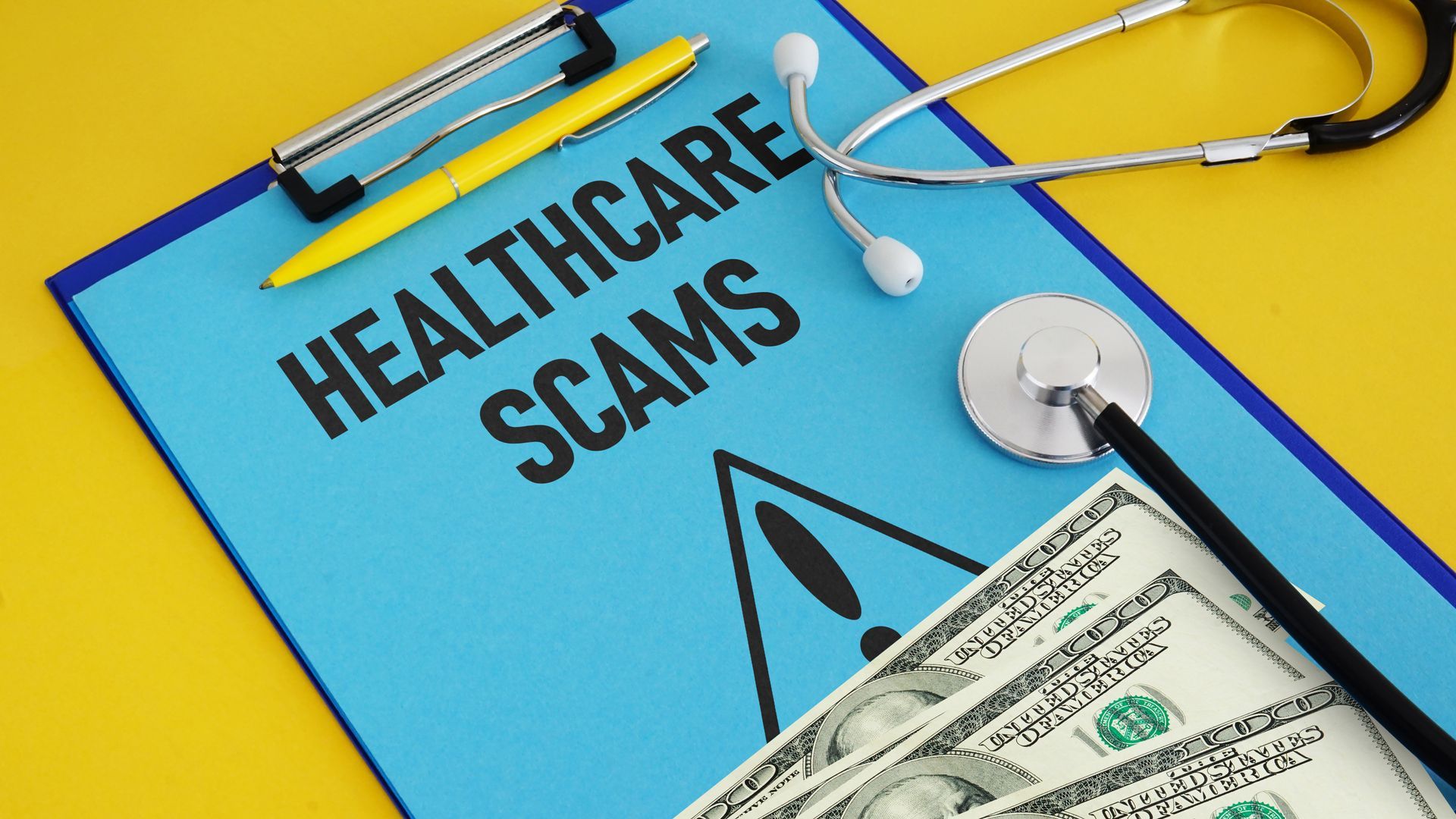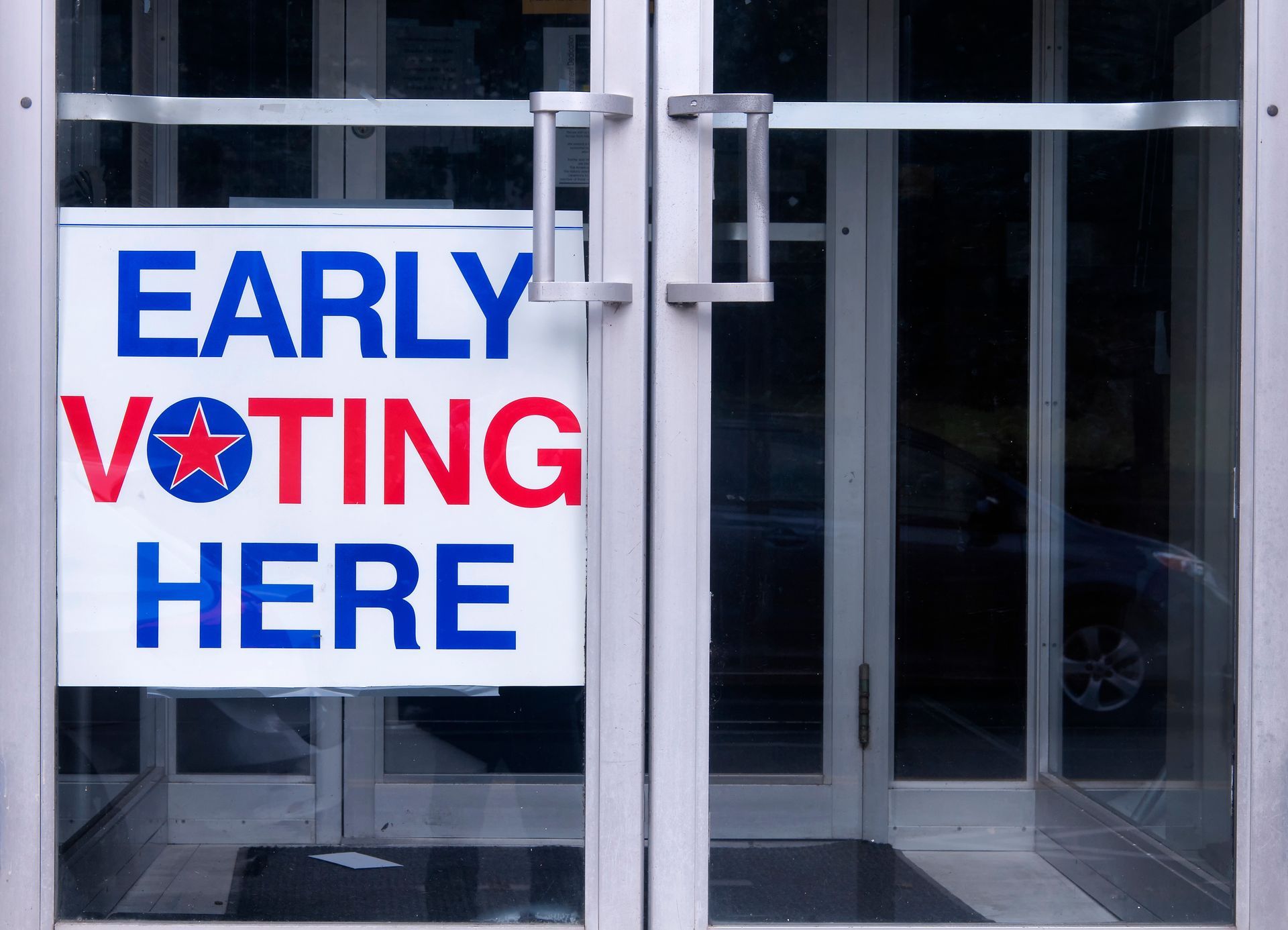
Healthcare fraud and abuse are serious offenses that drain billions of dollars from the U.S. healthcare system annually, leading to higher insurance premiums and costs for consumers.
In Minnesota, like in other states, these acts are rigorously investigated and penalized under both federal and state laws.
What is Healthcare Fraud and Abuse?
Healthcare fraud involves intentional deception or misrepresentation for financial gain in healthcare services.
Common examples include:
- Billing for services not rendered: Charging for treatments or procedures that were never provided.
- Upcoding: Billing for more expensive procedures than what was actually performed.
- False diagnosis:
Providing fraudulent diagnoses to justify unnecessary medical treatments.
- Kickbacks: Offering or receiving something of value in exchange for patient referrals or influencing healthcare decisions.
Healthcare abuse, while slightly different, generally refers to practices that may not be as intentional as fraud but still result in unnecessary costs. Examples include providing medically unnecessary services or misusing codes when filing insurance claims due to poor training or mistakes.
Federal and State Laws Governing Healthcare Fraud in Minnesota
Healthcare fraud and abuse are addressed under both federal and state laws. Some important laws include:
- False Claims Act (FCA): The FCA is a federal law that prohibits submitting false claims to the government, such as billing Medicare or Medicaid for services not provided. Violations can lead to severe penalties, including fines of up to three times the amount of the fraudulent claim.
- Anti-Kickback Statute: This federal law makes it illegal to offer or receive payment in exchange for patient referrals in programs covered by federal healthcare like Medicare.
- Stark Law (Physician Self-Referral Law): This law prohibits physicians from referring patients to entities with which they or their family members have a financial relationship for certain health services.
Minnesota also has specific state laws aimed at preventing healthcare fraud. The Minnesota False Claims Act complements the federal FCA by allowing the state to prosecute fraudulent claims made to Minnesota Medicaid or other state-funded healthcare programs.
How Is Healthcare Fraud Investigated in Minnesota?
Investigations into healthcare fraud in Minnesota are typically conducted by a combination of federal and state agencies.
Minnesota Medicaid Fraud Control Unit (MFCU)
The Minnesota MFCU is responsible for investigating and prosecuting fraud and abuse in Minnesota’s Medicaid program. They work closely with other state and federal agencies to identify fraudulent activity, including false billing, kickbacks and unnecessary services.
Office of Inspector General (OIG)
The OIG operates at the federal level, particularly in cases involving Medicare fraud. They conduct audits, investigate claims and refer cases for prosecution.
The Centers for Medicare and Medicaid Services (CMS)
CMS also plays a role in detecting fraud through data analytics and audits of healthcare providers’ billing practices.
Whistleblower Claims
Both federal and Minnesota’s False Claims Acts allow whistleblowers (also known as “relators”) to bring fraud cases on behalf of the government. Whistleblowers can report fraudulent activity within healthcare institutions and may be entitled to a portion of the recovered funds.
Investigations often involve reviewing a large volume of billing data, patient records and provider practices. Law enforcement agencies may conduct interviews, issue subpoenas for documents and use advanced analytics to detect patterns that suggest fraudulent activity.
Penalties for Healthcare Fraud in Minnesota
Penalties for healthcare fraud can be severe and include both civil and criminal sanctions. The specific penalties depend on the nature of the fraud, the amount of money involved and whether the actions were intentional.
Fines
Under the federal False Claims Act, individuals or entities found guilty of submitting false claims can face fines of up to tens of thousands of dollars per false claim, plus three times the amount of damages the government sustained. Minnesota’s False Claims Act also imposes hefty penalties for Medicaid fraud.
Imprisonment
Criminal convictions for healthcare fraud can result in imprisonment. Individuals found guilty of fraudulent billing, kickbacks or other serious offenses can face sentences ranging from several months to years, depending on the severity of the crime.
Exclusion from Federal Programs
Healthcare providers who are found guilty of fraud can be excluded from participating in federal healthcare programs like Medicare and Medicaid. This exclusion can be devastating for healthcare providers who rely on reimbursements from these programs.
Loss of Professional License
Healthcare providers involved in fraud may also face administrative penalties, including the loss of their medical or nursing licenses, making it impossible for them to practice in the future.
Restitution
Healthcare providers found guilty of fraud are often required to pay restitution, which involves reimbursing the state or federal government for the fraudulent funds received.
What Can Healthcare Providers in Minnesota Do to Avoid Fraud and Abuse?
- Develop robust compliance programs: A strong compliance program ensures that staff are aware of legal requirements and that billing practices are regularly reviewed for accuracy.
- Thoughtful hiring and regular training:
Providers should only hire qualified medical coders and billers, and train staff regularly on fraud prevention, proper billing practices and the legal risks associated with healthcare fraud.
- Internal audits: Performing regular internal audits can help identify discrepancies before they become larger issues.
- Work with legal counsel: Consulting with a healthcare attorney can ensure compliance with both federal and Minnesota healthcare laws and prevent inadvertent violations.
Get Legal Assistance or Advice on Healthcare Fraud Investigations in Minnesota
If you need legal assistance or advice regarding a healthcare fraud investigation in Minnesota, you may wish to consult with a qualified attorney who has experience in this unique area.
Speak with one of our referral counselors to get connected with a vetted Minneapolis or St. Paul attorney by calling (612) 752-6699.




